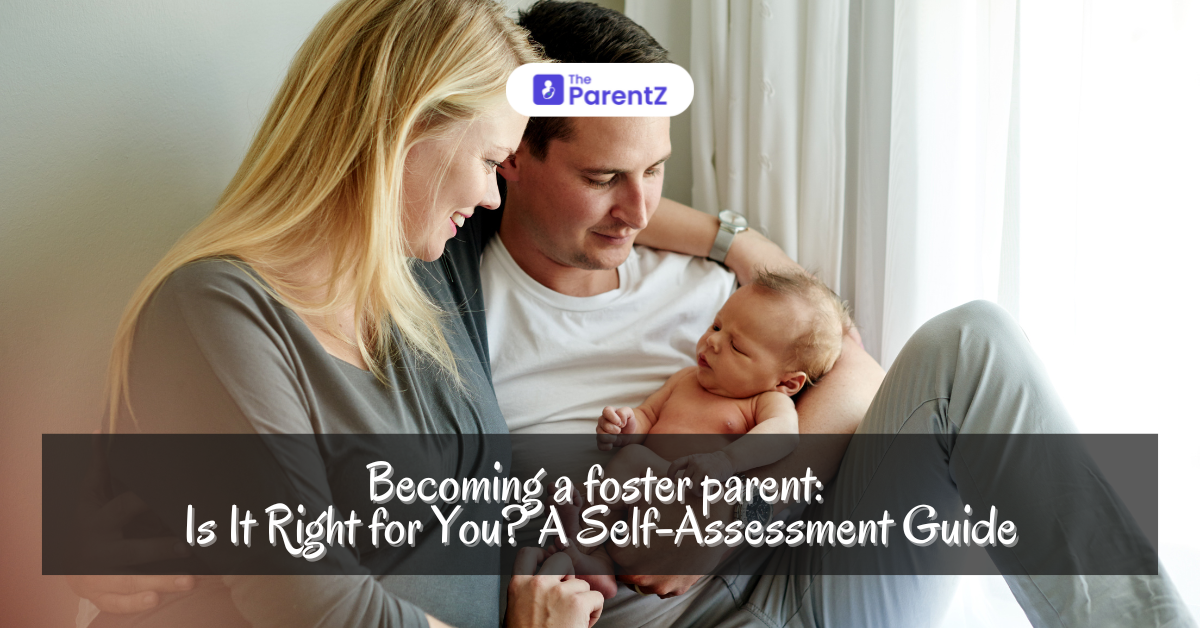Have you ever looked into a child’s eyes and felt a surge of love and protectiveness? Perhaps you’ve dreamt of nurturing a young life, sharing your home and heart. Fostering a child can be an enriching experience, offering the chance to make a profound difference in a child’s life journey. But before making this decision, it’s important to embark on a journey of self-discovery. Is fostering the right choice for you, your family, and most importantly, the child?
This guide is designed to be a gentle companion in your exploration. Fostering is a beautiful act, but it’s not for everyone. Here, we’ll talk about the realities, challenges, and profound rewards of fostering, helping you make an informed decision that benefits all involved.
Understanding the Impact: A Ripple Effect of Change
Fostering isn’t just about opening your doors to a child; it’s about opening your hearts and lives to a new chapter. Every member of the fostering family unit experiences significant changes. The child, uprooted from their familiar environment, seeks stability and love. You, the foster parent, become a source of comfort and guidance. Your existing family dynamic will adapt, with siblings potentially navigating new roles.
The psychological impact is undeniable. The fostered child may carry emotional baggage from past experiences. You, the foster parent, might grapple with feelings of inadequacy or face unforeseen challenges. Open communication, patience, and a willingness to learn are essential in navigating these changes.
Beyond the Love for Children: Are You Ready?
While a love for children is a beautiful foundation, fostering requires more. Here are some key questions to ask yourself:
- Motivation: What drives your desire to foster? Is it a genuine desire to provide a safe, loving home, or do you seek to fill a void? Fostering is about giving, not getting.
- Stability: Can you offer a secure and stable environment? Fostering often involves unpredictable situations; a strong support system and a firm foundation at home are vital.
- Flexibility: Fostering demands flexibility. It would help if you adapted to the child’s needs, schedules, and potentially complex family dynamics.
- Patience: Trauma can manifest in challenging behaviors. Are you equipped with the patience and emotional resilience to navigate these?
- Boundaries: Boundaries are crucial in fostering. Can you set clear expectations while maintaining a nurturing environment?
Addressing Doubts: No Question is Too Small
Doubts are natural. Please don’t ignore them. Here are some common concerns and honest answers:
- Can I handle the emotional strain? Fostering can be emotionally demanding. However, support systems, training, and therapy (if needed) can equip you to manage these challenges.
- What if the child doesn’t like me? Building trust takes time. Be patient, focus on providing a safe space, and let the bond develop naturally.
- What if they leave? Letting go is an inevitable part of fostering. While it can be difficult, remember your positive impact on their life journey.
The Harsh Reality: When Needs Aren’t Met
The decision to foster shouldn’t be taken lightly. Unrealistic expectations or an unprepared environment can lead to a negative experience for everyone. If a placement disrupts a child’s stability or your family struggles to cope, it’s crucial to seek support. Be open to the possibility of transitioning the child to a more suitable environment. This doesn’t diminish the effort you put in; it prioritizes the child’s well-being.
Investing in Yourself: Resources for Growth
Fostering is a continuous learning process. Here are some resources that can empower you on your journey:
- Foster Care Agencies: They provide training, support groups, and guidance throughout your fostering experience.
- Online Resources: Numerous websites offer informative articles, guides, and forums specifically tailored to foster parents.
- Therapy: Individual or family therapy can provide valuable coping mechanisms and communication skills.
Conclusion
Fostering is a ripple effect of change. It transforms the lives of children, strengthens families, and enriches communities. It’s a selfless act with profound rewards. You become a beacon of hope, offering a child a chance to heal, grow, and thrive. Remember, fostering isn’t about fixing a child. It’s about providing a safe harbor where they can discover their own strength and resilience. If fostering resonates with your deepest calling after this exploration, listen to your heart.








Be the first one to comment on this story.